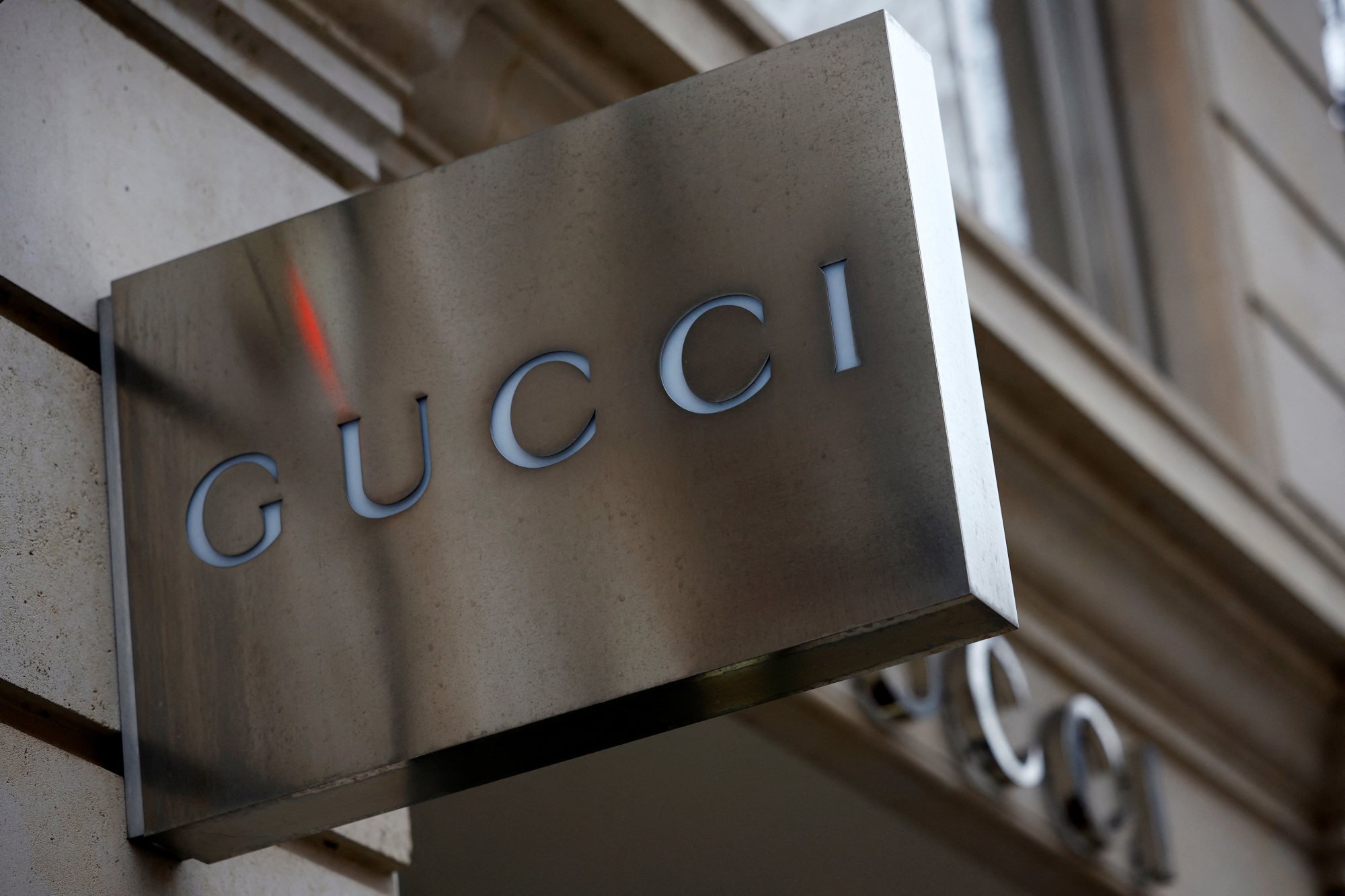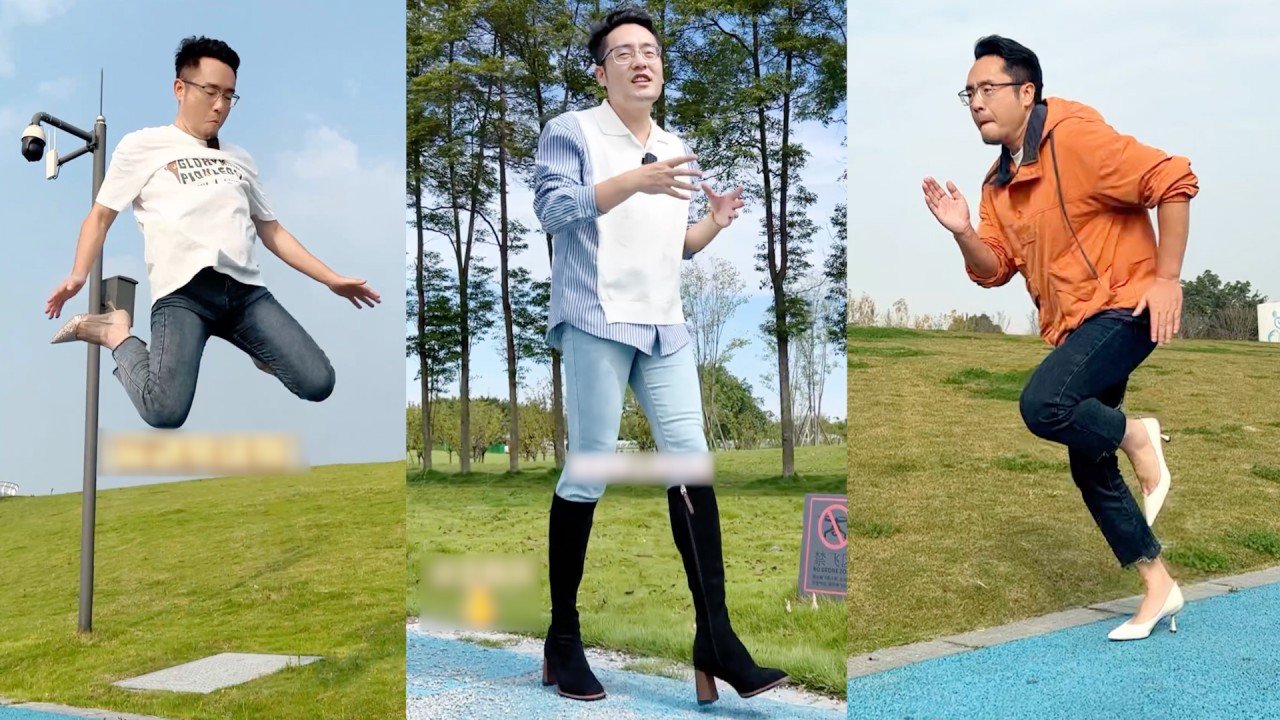
Luxury brands Coach, Gucci reap windfall in China from pandemic investments in digital sales and marketing
- Creation of WeChat mini-programs, flagship stores on e-commerce platforms and presence on social-media networks like Douyin are paying off, analysts say
- Digitalisation has accelerated after the pandemic, with omnichannel customer service and local relevance growing in importance, says Bain & Company
International luxury brands such as Coach and Gucci are reaping a windfall as investments they made in digital strategy during the pandemic pay off now by boosting sales and winning younger consumers in China’s growing e-commerce market.
China’s online retail sales grew 8.6 per cent to 3.29 trillion yuan (US$477 billion) in the first quarter this year, data from the Ministry of Commerce showed on Friday. In 2022, online transactions among international luxury brands in China rose 31 per cent year on year to 220 billion yuan, according to mainland consultancy Yaok Institute.
“Online retail was a common strategy for international luxury brands in China in 2022, which have established online stores, WeChat mini-programs, flagship stores on e-commerce platforms, and presence on social media like Douyin,” said Zhou Ting, head of research at the institute. “We found that 44 per cent of luxury brands have omnichannel marketing, and we expect this trend to continue growing.”
Some segments fared particularly well with strong online penetration. Luxury beauty, for example, only contracted 6 per cent last year thanks to 50 per cent online penetration, according to Bain & Company.

“After Covid-19, digitalisation has further accelerated,” said Xing Weiwei, Hong Kong-based partner at the consultancy. “Many of the brands embraced digital clienteling and engagement during Covid-19, and omnichannel seamless client service will continue to be important.” Digital clienteling refers to connecting with customers over digital channels for personalised conversations and recommendations after they leave the store.
“How to deliver excellent omnichannel customer service, create the best brand engagement and experiences with consumers in a locally relevant way … are some key success factors,” Xing said.
Very important customers, those who buy more than three times a year, account for more than 50 per cent of sales and are the fastest-growing segment for luxury brands, Bain said.
The differences between the Chinese and global luxury markets will widen, Bain predicted, especially around areas such as digitalisation and cultural references.
“Now in China we have over 30 live-streaming stations in our stores in different cities,” the company told the Post in a statement. It added that China is a highly digitalised market where omnichannel experiences for Chinese consumers are prioritised.
Alibaba, JD.com restructure e-commerce units to spur growth in sluggish market
Live streaming has become a new retail strategy to appeal to the younger generation. In the first three months of this year, live streamers earned 360 billion views to sell over 34 million types of products on e-commerce platforms, according to data from China’s Ministry of Commerce.
Coach is also working with Tencent on a digital project, after the fashion house launched a digital art store in Beijing last year that displayed a 3D animation video of its products. It also collaborated with iconic Chinese brand White Rabbit for new products to attract young shoppers.
“In China, we see tremendous growth opportunity,” Kahn told the staff in China last week. “I think this is one of the fastest growing markets for us.”
Lone bear on JD.com gets UBS nod as tech stock rally bypasses Alibaba’s rival
In 2022, Coach’s net sales in Greater China amounted to US$892 million, a 48 per cent jump from 2020.
Gucci, a luxury brand under Kering, is also deep in China’s digital space to win consumers and create internet sensations.
Its cosmetics unit launched an interactive WeChat mini-program that allows users to take a selfie and “try on” different products to match their skin tone. Back in 2018, it featured a middle-aged Chinese restaurant operator in a marketing campaign that went viral on China’s social media.
3 Hong Kong residents arrested for tricking victims out of credit card details
“Online marketing is the key reason that Gucci thrived during the pandemic,” said market research firm Daxue Consulting back in 2021 when Covid-19 wreaked havoc in China. It added that sales revenues of its parent company Kering soared 83 per cent in Asia-Pacific in 2020.
Morgan Stanley expects spending on luxury goods by Chinese nationals to exceed 20 per cent in 2023, translating to industry growth of around 7 per cent.
“China should become the industry’s growth engine from this year on,” Edouard Aubin, an equity analyst at Morgan Stanley, said last month.


